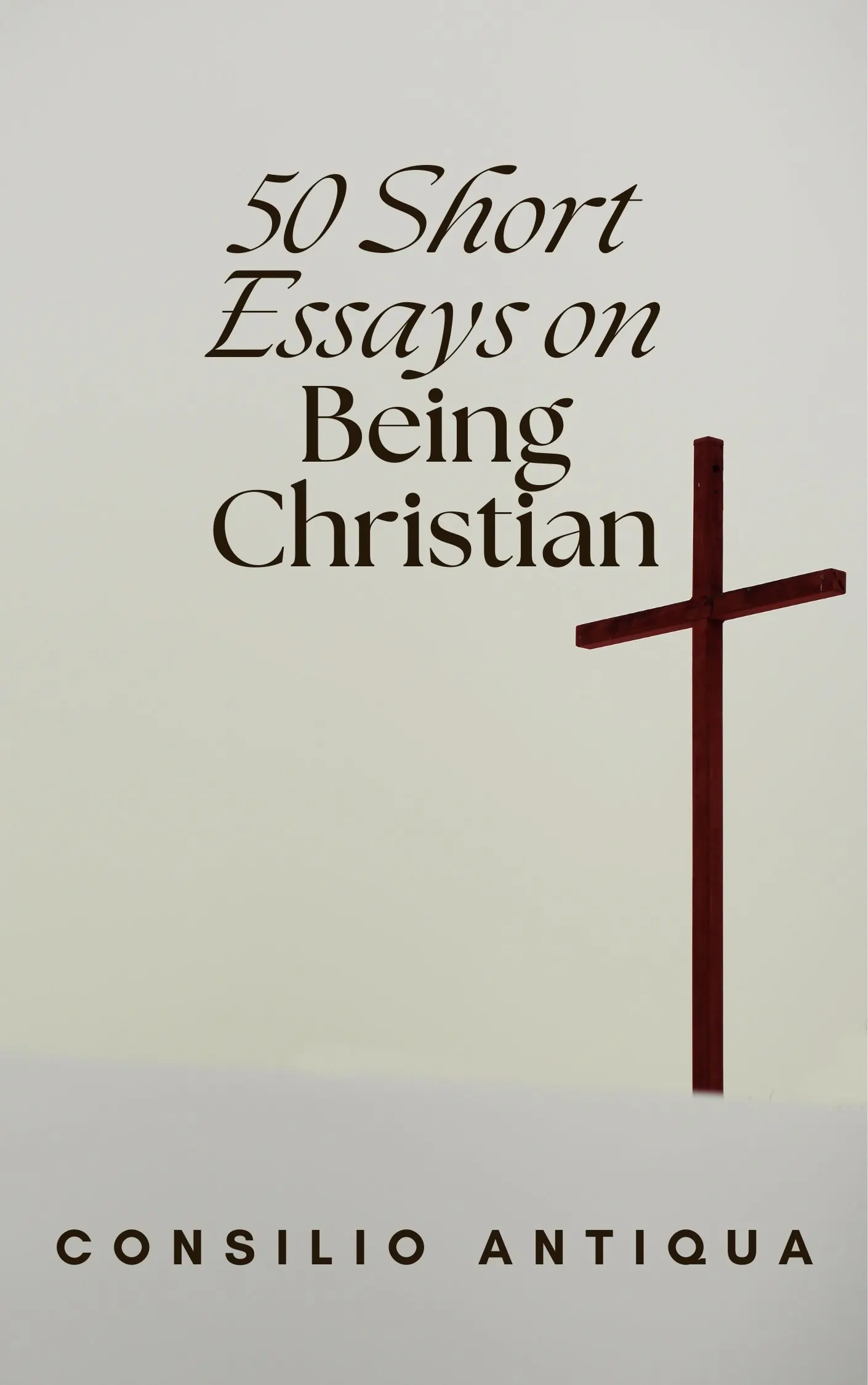
50 Short Essays on Being Christian | Chapter Interpreting Scripture in Modern Times
Chapter Interpreting Scripture in Modern Times
Ancient wisdom finds new meaning in contemporary contexts
The Stillness of the Sea
The wind has always held a special place in my heart. A child of the coast, I grew up with the constant rhythm of the waves, the salty air, and the stories woven into the sea's very fabric. In those stories, I found a connection to something larger than myself, something eternal and boundless.
One particular passage from the Bible, a verse from the Gospel of Mark, has stayed with me through the years. It describes a scene of incredible calm amidst the storm: "He got up and rebuked the wind, and said to the sea, 'Quiet! Be still!' And the wind ceased, and there was a great calm" (Mark 4:39).
As a young girl, I'd imagine this scene, picturing Jesus standing on the bow of a boat, his voice ringing out over the raging waves, and the sea obediently falling silent. It was a story that spoke to my desire for peace, a longing for a moment of stillness amidst the chaos of life.
But as I grew older, my understanding of this passage began to evolve. I realized that the story wasn't simply about a literal storm on the sea. It was about the storms within us, the anxieties and fears that can shake us to our core.
It wasn't about magically silencing the wind and the waves, but rather about finding a place of inner peace amidst the turmoil. It was about discovering a source of strength within ourselves, a wellspring of resilience that allows us to weather the storms of life with grace and dignity.
Finding Meaning in the Ancient Words
This shift in my understanding of the passage led me to a deeper appreciation for the way Scripture can speak to us across time and cultures. While the words themselves are ancient, their message transcends the boundaries of time and place.
How do we find meaning in these ancient words, words written in a different era, with different social and cultural contexts? How do we translate the language of tradition into the language of our own lives? These are questions that have sparked countless debates and interpretations throughout history.
Perhaps the answer lies not in seeking a singular, fixed interpretation, but in engaging with the text in a spirit of open-minded exploration. We can approach Scripture not as a set of rigid rules, but as a source of wisdom and inspiration, a map for navigating the complexities of life.
Embracing the Mystery
The beauty of Scripture, like the beauty of the natural world, lies in its ability to speak to us on multiple levels. There are layers of meaning, hidden depths that reveal themselves over time with careful reflection and contemplation.
We may never fully understand the mysteries of the universe, the mysteries of faith, or the mysteries of the ancient texts that have guided generations. But that doesn't mean we shouldn't seek them out, explore them, and engage with them. It's in the seeking, in the questioning, and in the open-ended journey of faith that we discover the richness and beauty of these timeless stories.
Finding Our Own Sea
Perhaps the greatest gift of the ancient texts is their ability to connect us to something larger than ourselves, to remind us that we are not alone in our struggles and our joys.
As we navigate the storms of our own lives, we can draw strength from the stories of those who came before us. We can find solace in the words of wisdom that have been passed down through generations. And we can discover the stillness within ourselves, the place of peace that lies beyond the waves of life's relentless tides.
